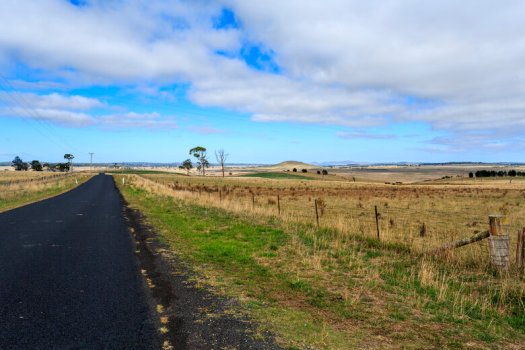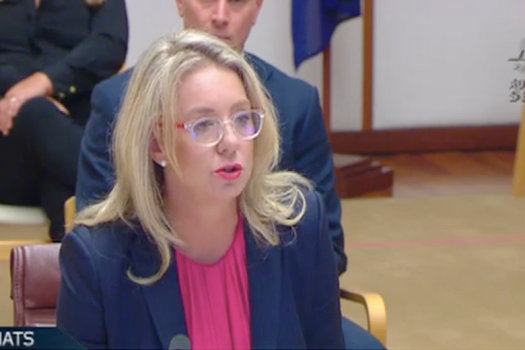
The awarding of grants from a federally administered fund designed to support regional communities favoured areas in Nationals-held seats, a report by the Australian audit office has found.

Those seats received more than $100 million more than would have been the case had the ministerial board relied on merit assessments made by the department, the ANAO report says.
Meanwhile, electorates held by other parties got less than they would have if decisions were based on the merit of their applications.
The federal government’s $1.38 billion Building Better Regions Fund (BBRF) has awarded five rounds of funding worth $1.15 billion to 1,293 projects since it was set up in 2016.
The report found that two thirds of the projects approved for funding weren’t assessed by the department as being the most meritorious.
“The ANAO examined the amount of funding awarded to each electorate under each round,” auditor Grant Hehir says.
“The award of funding in a way that did not rely upon the results of the merit assessment processes saw a redistribution of grant funding towards electorates held by The Nationals.
“Specifically, applications located in electorates held by the Nationals were awarded $1.04 million (or 29 per cent ) more grant funding than would have been the case had funding been awarded to those applications assessed as the most meritorious in each round.”
Merit criteria ignored
The BBRF is the department of Infrastructure’s biggest open and competitive merit-based grants program.
Applications are scored against criteria including economic and social benefits and value for money. However the report found a panel of ministers was also able to consider a list of ‘other factors’ that the ANAO said “had the potential to undermine the award of grant funding on the basis of merit”.
These included ‘Australian government priorities’ and ‘reputational risk to the government’, as well as community support of projects, which could include support from local MPs and councils.
The guidelines “failed to reflect the significance of ministerial discretion (represented in the guidelines by the ‘other factors’ clause) as a basis for the panel’s funding decisions”, the report says.
Significant shortcomings
The report found the BBRF was well designed ‘in a number of respects’ and the awarding of grants in the first five rounds was ‘partly effective’. But it also uncovered significant shortcomings.
These included a lack of transparency, as well as allowing the decision-making panels use discretion to override merit in making decisions.
It found funding recommendations based on merit were only used in three of the five rounds.
The panel didn’t record the basis of their funding decisions in 179 of the almost 300 approved projects.
In 164 cases, the panel decided not to approve applications that had been recommended by Infrastructure as having a high degree of merit, and there were 15 cases where projects got funding despite not being recommended by the department.
Decisions about funding across the five funding rounds “were not appropriately informed by departmental advice, particularly with respect to the third and fifth rounds,” which where headed by Micahael McCormack and Barnaby Joyce, the report says.
Department ‘complied with requirements and spirit’
In a response to the ANAO, the then Secretary of the department of Infrastructure Simon Atkinson said Infrastructure acknowledged the ‘overall conclusions’ of the report but said the Department has “consistently complied with both requirements and the spirit of the Commonwealth Grants Rules and Guidelines”.
A sixth round of the BBRF was underway at the time of the audit, with successful applicants expected to be announced shortly.
It’s not the first time Infrastructure has come under scrutiny for its administration of grants and finances, with questions previously raised about sports grants, commuter car parks and the sale of land.
Read more about pork barrelling here.
Comment below to have your say on this story.
If you have a news story or tip-off, get in touch at editorial@governmentnews.com.au.
Sign up to the Government News newsletter
Most read
Scathing report finds little has changed at PwC
Qld council welcomes progress on massive battery system
‘Local’ procurement turns out not to be so local, committee hears
Another report finds local government falling down on cyber security
MoG changes see regions, investment return to NSW Premier’s Department




